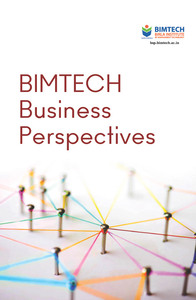
* Research Scholar, School of Business & Management Studies, Career Point University, Hamirpur, Himachal Pradesh, India. E-mail: dnkatyayan@gmail.com (Corresponding Author)
** General Manager, Bharat Sanchar Nigam Limited, Mandi Business Area, Himachal Pradesh, India.
*** Professor, School of Business & Management Studies, Career Point University, Hamirpur, Himachal Pradesh, India.
Leadership research has too often neglected the follower, choosing instead to pursue what Meindl referred to as ‘The Romance of Leadership’. Execution and goal achievement is primarily dependent upon the follower in the leader–follower relationship. In the context of prevailing COVID-19 situation and prevalent work from home culture, it is argued that there is permanent shift in the dynamics between followership and leadership in favour of followership. This study contributes by empirically testing Kelley’s The Followership Questionnaire (TFQ) with its two sub-scales of Independent Critical Thinking (ICT) and Active Engagement (AE) in Indian context, identifying followership style prevalent in the studied organisation and examining the relationship of followership styles with demographic variables. The Followership Questionnaire was administered to 331 respondents from North, East, South and West zones of India.
Followership; questionnaire; self-assessment; organisational performance; leadership; COVID-19;
Pandemic